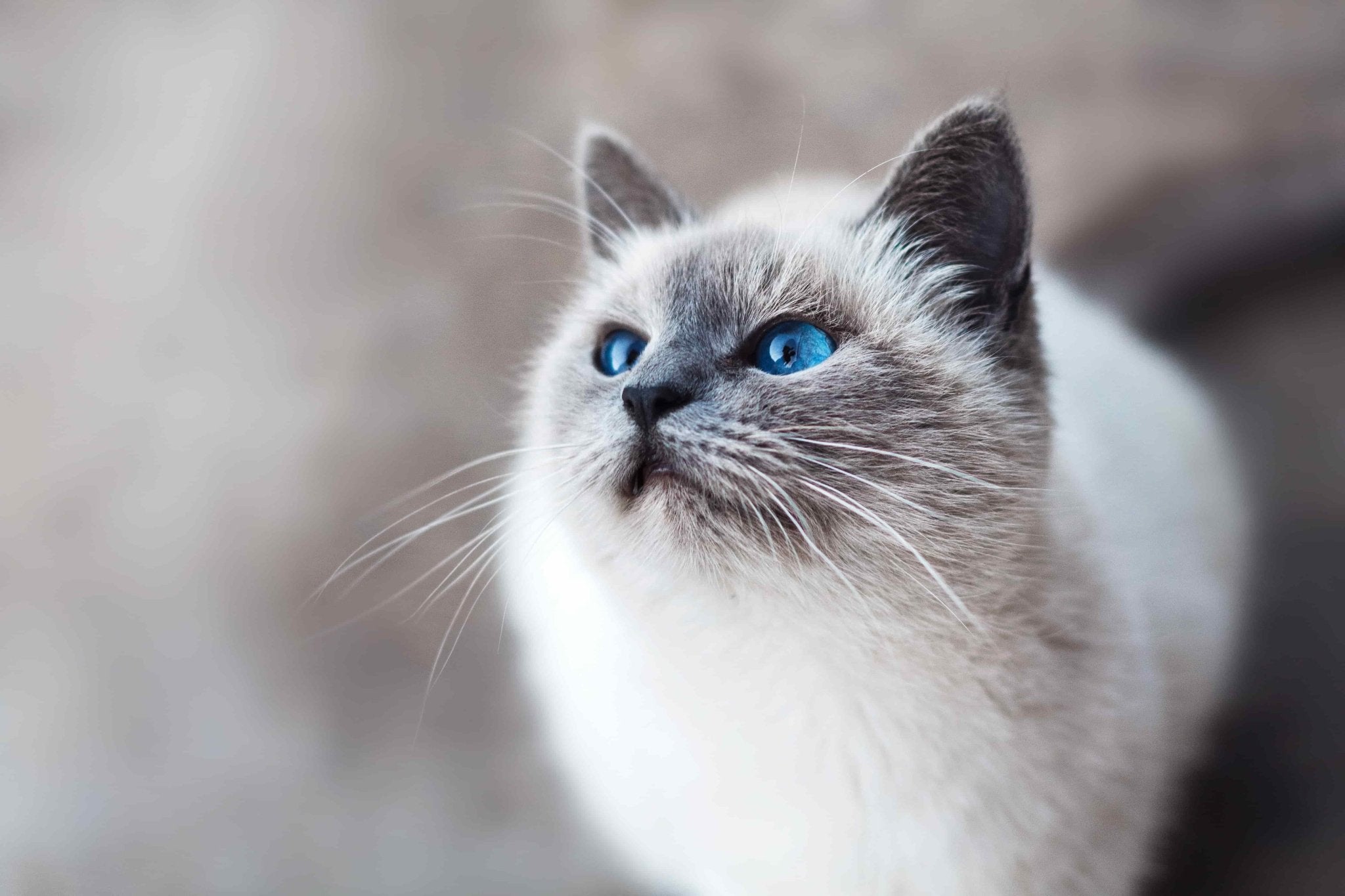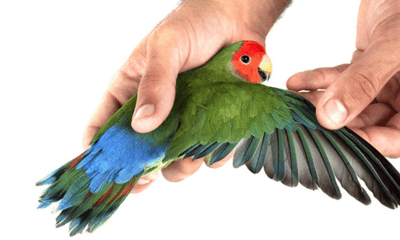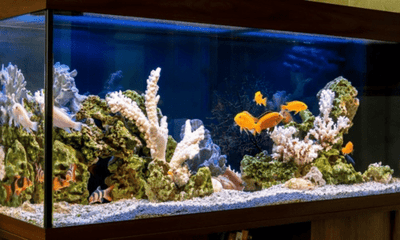Anxiety is one of the most common mental health disorders that can affect ones ability to concentrate, sleep and carry out ordinary tasks. While this is widely accepted as something that affects humans in their day to day life, many people forget how common this can be amongst animals, including cats! Cats too, suffer from anxiety. Their natural habitat is far from the cramped and often disruptive modern lifestyle that we live in in the 21st century. The typical anxious cat hides, urinates inappropriately, increases scratching and vocalises excessively. Some cats may be naturally anxious, while others feel anxiety due to an underlying cause or stressful situation.
Each cat has a unique personality, however, in general cats are private animals who require plenty of space. They like to be in control of their resources e.g. food, water source and toilet and to avoid stressful situations such as loud noises and sudden changes to their environment. Too often in the 21st century, cats are forced to live in small, confined spaces such as apartments with no control of their resources and restricted access to the outside. In addition, they are required to share their living space with other cats and dogs. While it is not always possible to provide cats with exactly what they want, it is important that we as pet parents understand our cat's needs and make our best attempt to minimise their stress levels. I think we can all agree that a happy cat will be a much friendlier companion! Follow some of the below tips to help keep your cat happy!
Litter box
Cats are territorial animals, so it is important to ensure you have one litter box for each cat in the household. It is also a good idea to have a spare for a backup. In the beginning, experiment with different cat litters to find out which litter your cat prefers, as many cats are very fussy about the type of litter they like! Always try and clean the litter box out once per day so your cat feels like their space is clean, and make sure the tray is away from their food bowl and preferably in a quieter area of the house, to minimise disturbances.
Night time playing
Cats are nocturnal by nature so more often than not they like to run and play at night time. Try having a good playing session with your feline friend before they go to bed, to hopefully tire them out before they go to bed. Laser toys are a great idea for getting your cat active without tiring yourself out! In addition, ensure plenty of activity and stimulation during the day by supplying a large variety of toys. You can also leave out items such as boxes and paper bags for them to explore!
Rough play
Many pet parents find that their cat gets carried away at playtime and bite or scratch too hard. This can also be resolved by keeping them occupied throughout the day with toys and perches. Make sure you encourage play by using toys, dangly balls and catnip toys during playtime instead of playing with your fingers or toes. Make sure you don’t punish your cat if they get too rough during playtime as this can make things worse.
Aggression
There are various reasons why a cat may act aggressively. Firstly, cats are predators and it in their nature to hunt prey and even if you provide them with all their dietary needs, they still need to practice their hunting skills. Because of this, it is common for cats to creep up on an unsuspecting owner and playfully attack them, possibly causing injury. Another reason cats can be aggressive is their fear of being approached, touched or handled. This is particularly relevant if your cat was not socialized during kittenhood. Cats will fight furiously for their territory, so again it is very important to socialize your cat from a young age to avoid this type of behaviour. Finally, continuous pleasurable stimulation can overexcite your cat causing aggressive behaviour. Sometimes a cats behaviour can change and become aggressive because of a medical reason. Don’t assume your cat is misbehaving, check with your veterinarian first.
Scratching furniture
Scratching and climbing are highly enjoyable feline activities which help stretch out the cat's muscles and also remove old layers of nail. It is very important to provide your cat with a variety of scratching post and teaching them to use these instead of the furniture and carpet. The most effective way to teach your cat to use a post is through lures and rewards. If you do happen to catch your cat clawing anything other than his post, immediately startle him with either a spray of water or a sudden loud noise. Place a scratching post right next to the are and continue to reward your cat with pats and treats when he begins using the scratching post.
Spraying
Spraying and urine marking outside are normal behaviours for cats wanting to mark the periphery of their territory. If your cat is spraying inside, however, this is often a sign he is stressed and feeling insecure in his territory. This can be due to numerous reasons such as introducing a new cat in the household, rearranging furniture, no longer having access to outdoors, bringing home a new baby etc. Both male and female cats can urine mark but it is more common in males, and much more common in undesexed males. Getting your cat desexed may resolve the problem but is not always 100% effective. If the urine marking is related to stress, your cats anxiety will need to be addressed. Firstly you need to find out what is making your cat anxious and remove the stimulus. If this is not possible, speak to one of our friendly staff to find out other ways to calm your cat. It is important to provide stressed cats lots of praise and attention, and ensure you clean the marked areas with an enzymatic cleaner to ensure the cat is not encouraged to return and mark on the same spot.
Cats do not always immediately adjust to any changes you make, so it is important for pet parents to make the best possible effort to make their cats environment as calm and inviting as possible and try to reduce changes. If however your household does experience a change e.g. moving house, make sure you provide your cat with as many familiar objects as possible, for example. old favourite toys or scratching posts. This should help them find comfort in a stressful situation.






